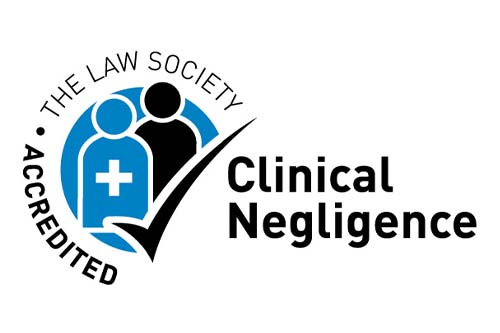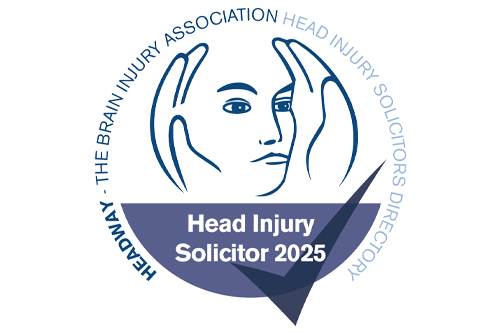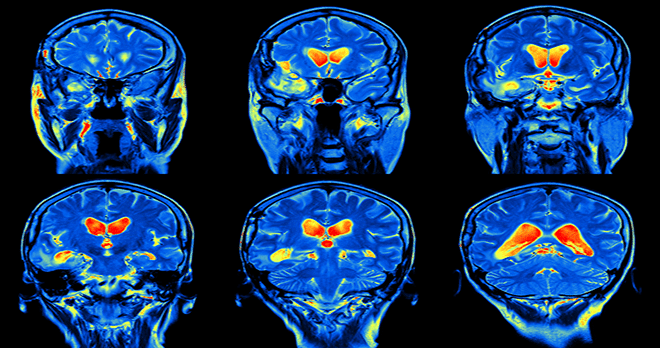

Make a claim for negligent treatment of brain haemorrhage
Negligent treatment of a brain haemorrhage (or brain bleed) can have a devastating impact on someone’s health and disability. If this has happened, we can help you make a claim for compensation.
Call us now for a free consultation on whether you have a claim
Here to help after brain haemorrhage negligence
When you or a loved one has suffered a brain haemorrhage, and it has been treated negligently, the impact on your life can be huge.
The common cases we see include:
- a delay in diagnosing and treating a brain haemorrhage
- delay in obtaining a CT or MRI scan
- poor blood pressure control by the GP over a long period of time
- poor management of anticoagulation (e.g. monitoring of your INR level when taking warfarin for another problem).
What makes RWK Goodman a good firm to choose for claims involving brain haemorrhage?
RWK Goodman has a huge wealth of experience in looking after clients and families affected by acquired brain injuries such as brain haemorrhage.
We have built relationships with some of the best medical experts in the country who can advise the court on the standard of care that you or your loved one has received.
We believe in maximising the quality of life for all our clients affected by brain injury and work with experienced therapists and equipment specialists who can advise on optimising your ongoing rehabilitation.
- Specialist, top tier medical negligence solicitors
- Offices serving all of England & Wales
- Accredited by the Law Society, APIL and AvMA
- No win, no fee funding available
Whatever your situation, call us today for a free consultation on whether you have a claim for negligent treatment of brain haemorrhage






There are various tests that can be undertaken to diagnose whether a person has a bleed. The tests will also identify where exactly the bleed is to allow the doctors to make a decision on the most appropriate treatment. Investigations into a suspected brain bleed include the following:
- a good physical examination
- a CT/MRI scan
- an angiogram (this is an x-ray using a contrast dye which is injected into the blood vessels and is then seen on screen. It will show up abnormalities in blood vessels such as an aneurysm or an AVM)
- blood tests – these can identify clotting problems or whether a person has sepsis, inflammation and immune disorders
Bleeds on the brain are treated based upon the type of bleed encountered:
- abnormalities of blood vessels such as an aneurysm can be treated without open surgery. Some treatments can be done in the catheter lab. In some cases a blood vessel abnormality or aneurysm can be coiled or stented
- pressure from the haemorrhage can be relieved by drilling a hole into the skull and relieving the pressure
- medical treatment such as reducing blood pressure
- not all brain bleeds are operable
The earlier the treatment for any brain bleed the better the outcome and the more brain function you retain in the long term.
Symptoms include:
- headache
- nausea/vomiting
- vision problems e.g. blurred vision or double vision
- dizziness
- fitting
- symptoms similar to those of a stroke caused by a clot, i.e. a facial droop, weakness down one side of the body, inability to speak properly or speaking in a slurred fashion
- long-term effects can include effects on memory, reasoning and confusion.


















